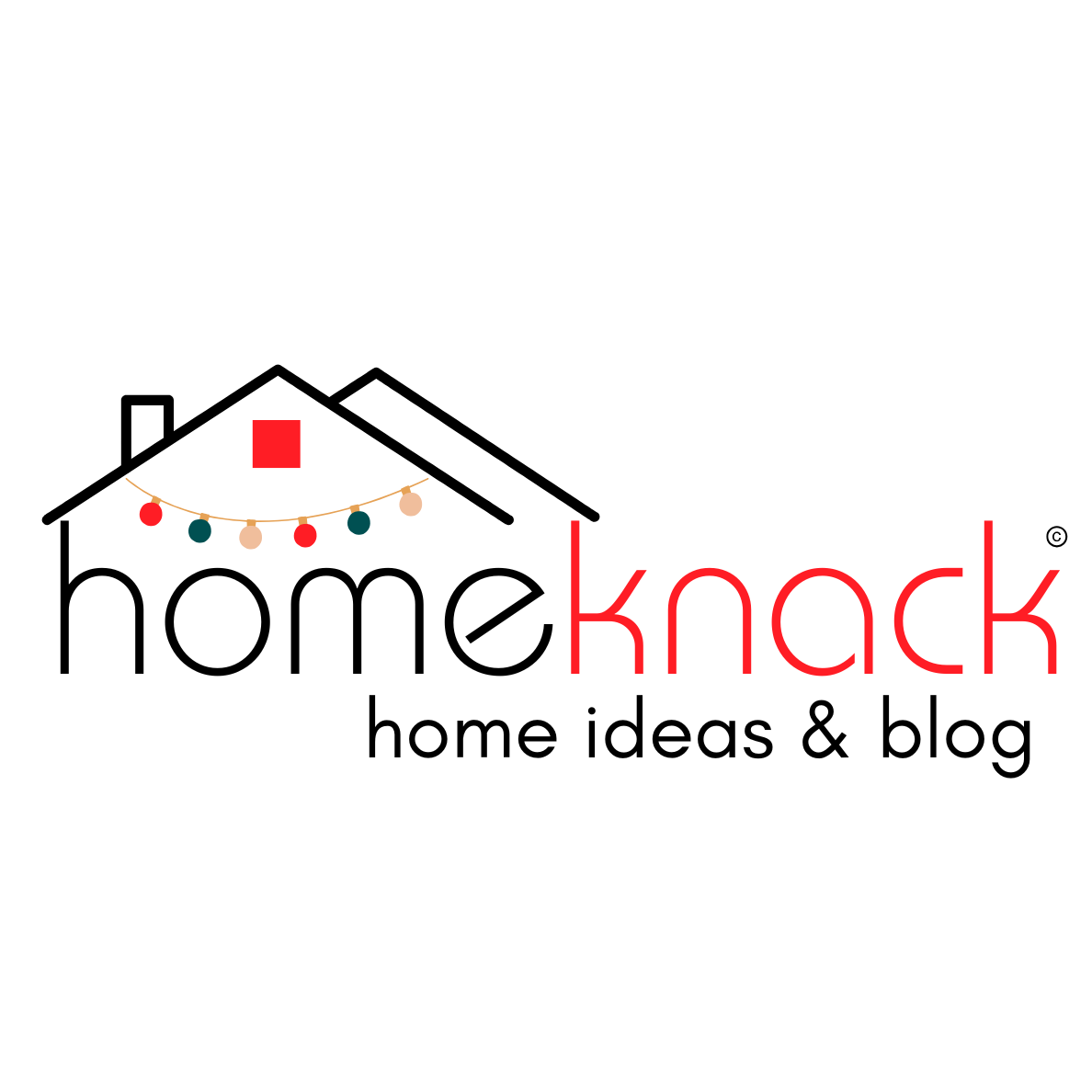
Clutter & Declutter
The Art of Decluttering: Transforming Your Home into a Haven of Peace
In the hustle and bustle of modern life, our homes can quickly become cluttered with items we no longer need, use, or even notice. However, a cluttered home can be more than just an aesthetic issue. It can impact our mental wellbeing, productivity, and even our physical health. This article explores the importance of decluttering, its benefits, and practical tips on how to embark on this transformative journey.
Understanding Clutter: More Than Just Physical Objects
Clutter is not just the physical items that fill our spaces; it's anything that doesn't add value to our lives. This could range from old clothes and unused gadgets to negative thoughts and unhealthy habits. A cluttered space often reflects a cluttered mind, and vice versa. The process of decluttering involves evaluating what is essential and what is not, making it both a physical and emotional exercise.
The Benefits of Decluttering
-
Improved Focus and Clarity: A tidy environment can lead to a clearer mind. Decluttering helps reduce distractions, making it easier to focus on tasks and goals.
-
Enhanced Wellbeing: A clutter-free space can be calming and reduce stress. It also promotes healthier living spaces, reducing dust and allergens.
-
Increased Productivity: With fewer distractions and a more organized space, productivity naturally increases. This is particularly beneficial in home offices or study areas.
-
Simplified Lifestyle: Decluttering encourages a minimalist lifestyle, focusing on what's essential and valuable, leading to less time spent on cleaning and organizing.
-
Emotional Release: Letting go of items can be symbolic of releasing past memories or emotions, aiding in emotional wellbeing.
Practical Decluttering Tips
-
Start Small: Begin with a small, manageable area like a drawer or a shelf. This prevents feeling overwhelmed and builds momentum.
-
One Item at a Time: Evaluate each item individually, asking if it serves a purpose or brings joy. If not, consider donating, selling, or recycling it.
-
Categorize Items: Group items into categories (e.g., clothes, books, kitchenware) to see what you have and identify duplicates or unnecessary items.
-
Set Decluttering Goals: Define what you want to achieve with each decluttering session, whether it's creating more space, reducing items, or organizing.
-
Implement Storage Solutions: Once decluttered, use storage solutions like shelves, boxes, and dividers to keep things organized and maintain a clutter-free space.
-
Regular Maintenance: Decluttering is not a one-time activity. Regularly revisiting spaces to clear out clutter helps maintain a clean and organized home.
-
Mindful Acquisitions: Going forward, be mindful of new acquisitions. Ask if new items are necessary and if they add value to your life.
Overcoming Challenges in Decluttering
Decluttering can be emotionally challenging, especially when letting go of items with sentimental value. It's important to acknowledge these feelings and maybe set aside such items temporarily before making a final decision. Remember, decluttering is a personal journey, and it's okay to take it at your own pace.
Conclusion
Decluttering is more than just a cleaning task; it's a transformative process that can significantly improve the quality of your life. By reducing physical clutter, we can clear our minds, enhance our wellbeing, and create a peaceful, productive environment. Start small, be consistent, and enjoy the journey towards a clutter-free, harmonious home.
